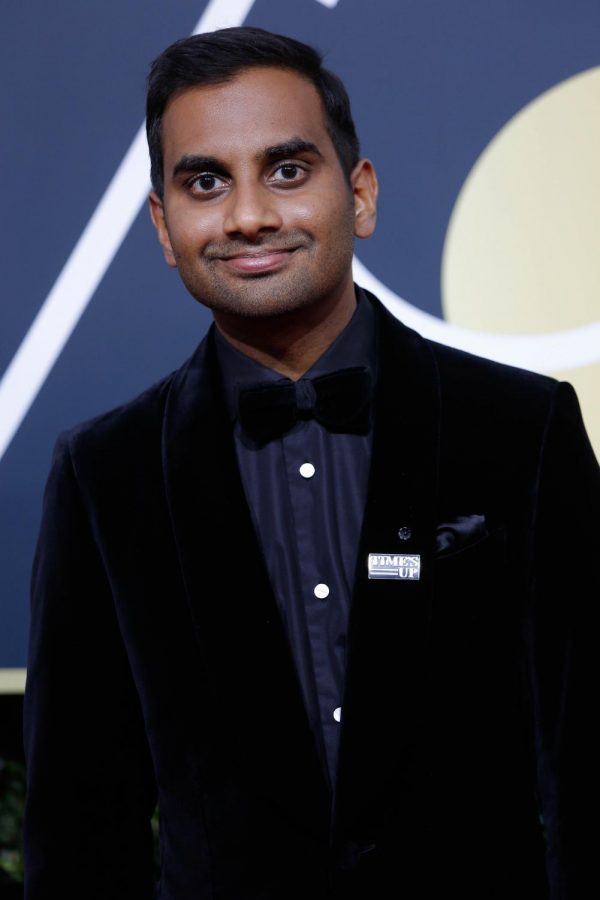Accusations against Aziz Ansari trivialize #MeToo movement
Jan 22, 2018

Swedish law states that sex without verbal and obvious consent can be considered rape. This spurred the Dutch blockchain company LegalThings to develop an app allowing users to create a sexual consent “form” detailing what they are and are not comfortable with.
Co-founder Arnold Daniels commented on the app, which is called LegalFling, saying it would allow people to set “clear boundaries” and to avoid any gray areas.
The idea of the app seems ridiculous for making something so simple into something as complicated as it has become. How far does one need to go to continue into deeper relations, sexual and emotional, with someone without crossing any lines?
Seeing celebrities facing sexual assault allegations has become an everyday headline. But with the addition of accusations against actor Aziz Ansari, the conversation regarding the subject takes a different turn.
Get The Daily Illini in your inbox!
The website Babe.net recently published a story that described a woman’s uncomfortable sexual encounter with Ansari. The article kept her identity hidden, referring to her as “Grace,” and detailed her entire night with Ansari. Throughout her story, there are various times she mentions feeling disturbed and uncomfortable with the chain of events that ultimately led to her crying during her car ride home.
While one cannot take away from the traumatizing night she must have had, there can also be an argument defending Ansari from being labeled a sexual assault predator.
There’s a certain disconnect within Grace’s story that really doesn’t make it seem like what social media slandered it as: a blatant and disgusting misuse of power over a woman.
Grace faced something that no person should have to go through, but from the way she recounted it, it seemed more like a night that simply didn’t go her way. She was looking forward to her night with Ansari. Given they were both involved in sexual activities, at one point, they appeared to be on the same page.
They remained on the same page until Ansari pushed Grace outside of her comfort zone, which is when she starts to describe Ansari’s series of actions that almost seem cinematic.
What’s important to note, however, is that although Ansari is at fault here, placing him in the same boat as other offenders such as Harvey Weinstein, Louis C.K. and Kevin Spacey is wrong.
Ansari misinterpreted the signs Grace gave him to stop, no matter how obvious, and eventually left the situation before things got more out of hand. She made Ansari aware of her discomfort, and he apologized. It was a mature use of communication between two adults who made poor choices.
What sets Ansari apart from others is there was no abuse of power in his encounter with Grace. In her recent New York Times article, Bari Weiss wrote, “Yes, Mr. Ansari is a wealthy celebrity with a Netflix show. But he had no actual power over the woman — professionally or otherwise.”
Weiss goes on to say that placing him in the same group of Hollywood celebs who abused their power to gain sexual favors “trivializes” the #MeToo movement.
And that’s where the movement should hit a standstill and reassess. Again, the question comes up: How far does one need to go to make sure all sides are happy in order to pursue a further relationship with someone?
At this point, using an app to create a contract doesn’t seem like such a crazy idea.
Saketh is a sophomore in LAS.






